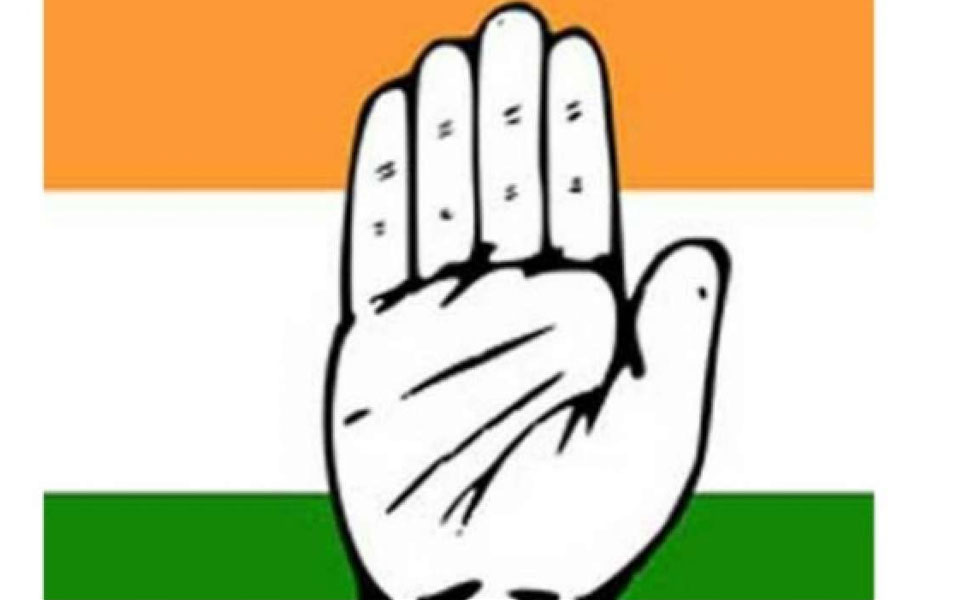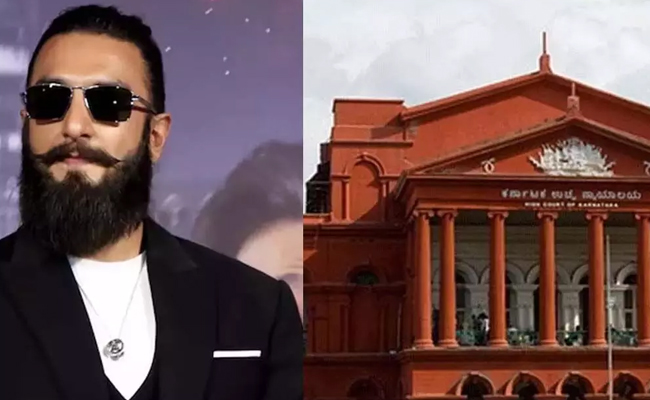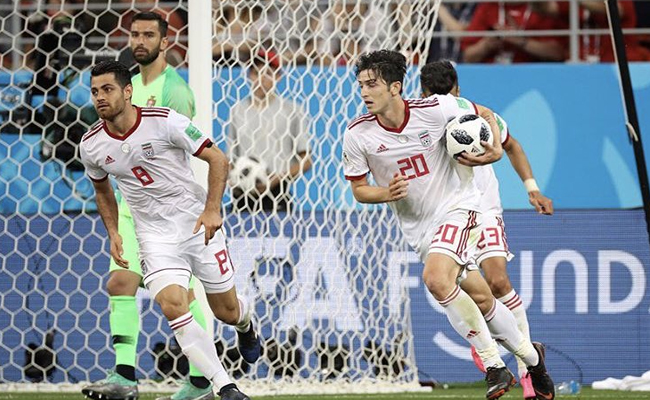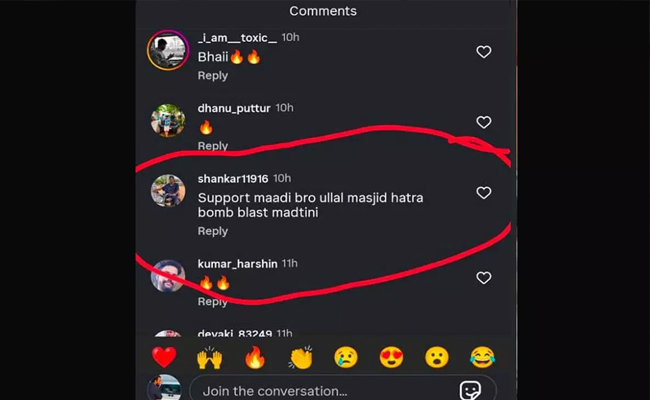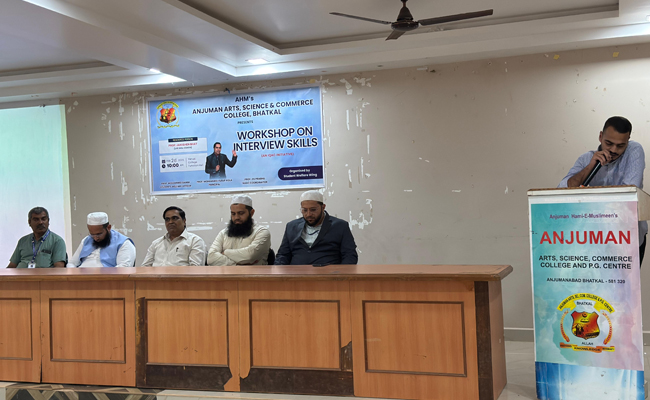Mangaluru, September 7: Dakshina Kannada and Udupi district Central Committee of Muslims urged the Congress to give ticket to Muslim candidate for Lok Sabha election from Dakshina Kannada.
An executive committee meeting chaired by its president Haji KS Mohammed Masood on Tuesday took a resolution to this effect.
In a press release, the committee said that it was decided in the meeting to urge AICC president Rahul Gandhi, state incharge KC Venugopal, KPCC president Dinesh Gundu Rao and DCC president Harish Kumar seeking ticket to a Muslim candidate for the forthcoming Lok Sabha election from the Dakshina Kannada constituency.
It was also decided to urge the party to give tickets to the Muslim candidates for the next Legislative Council and Rajya Sabha elections. The district has majority voters from Muslim community. In the last Assembly election, more than 90 per cent Muslims have supported the Congress due to which, the community should be given proper representation, they demanded.
Committee vice president Haji Ibrahim Kodijal, K Ashraf, Haji Basha Tangal, general secretary Mohammad Hanif and others were present at the meeting.
Let the Truth be known. If you read VB and like VB, please be a VB Supporter and Help us deliver the Truth to one and all.
Bengaluru (PTI): The Karnataka High Court on Monday extended the interim relief given to Bollywood actor Ranveer Singh till March 9, in a case related to mimicking a character from the movie, 'Kantara Chapter-1', and allegedly mocking a deity.
The actor had approached the High Court seeking the quashing of the FIR against him for mimicking Rishab Shetty's role as 'Chavunda' deity in the movie.
While mimicking, Singh had called the deity a "ghost". The actor was asked to appear before the court in person on Monday.
Appearing on behalf of the actor, his counsel Sajjan Poovayya said Singh was stuck in London and was unable to reach Bengaluru due to the conflict in West Asia.
The complainant, who is a lawyer, alleged that his religious sentiments were hurt by calling the deity a ghost. On the directions of a local Court, the police registered a case against the actor.
The High Court on February 24 granted interim relief to the actor with directions to the police not to take any coercive steps against him.

